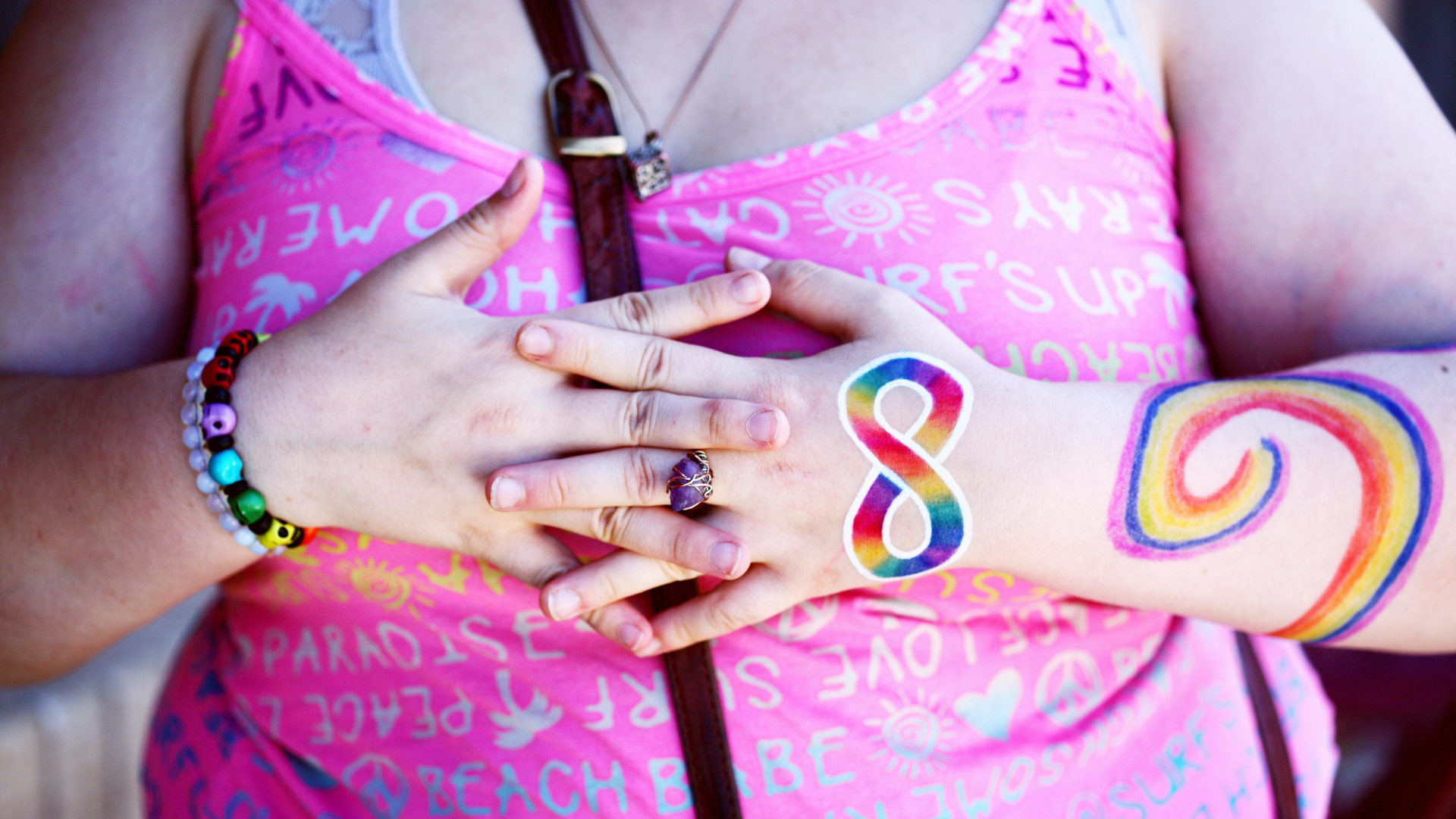The Challenges (and Joys) of a Late Diagnosis
Navigating Autism and ADHD in Adulthood
For many, receiving an autism or ADHD diagnosis in adulthood is a life-changing moment. It’s a mix of relief, grief, and revelation-finally understanding why certain things have always felt more challenging (or different) compared to others. But while it can bring clarity, a late diagnosis also comes with unique struggles.
If you’ve recently been diagnosed, or you’re exploring the possibility, you’re not alone. In this blog, we’ll explore why so many people go undiagnosed until adulthood, the emotional impact of a late diagnosis, and how to navigate this new chapter with self-compassion and resilience.
Why Are So Many Adults Diagnosed Late?
Despite increasing awareness, autism and ADHD are still underdiagnosed– especially in women, non-binary individuals, and people of colour. Many adults grew up without access to the right information or were misdiagnosed with anxiety, depression, or personality disorders.
Outdated Stereotypes
Traditional diagnostic criteria were largely based on white, male children, leading to many people flying under the radar. For example:
- Autistic women and AFAB individuals often develop masking skills-hiding traits to fit in-leading professionals to overlook them.
- People with ADHD who aren’t hyperactive (e.g., those with inattentive ADHD) are frequently mislabelled as “lazy” or “daydreamers.”
Coping Mechanisms & Masking
Many late-diagnosed individuals unknowingly developed adaptive strategies to manage their differences. High-achievers may have been praised for their success, while others struggled in silence, blaming themselves for difficulties with socialising, organisation, or burnout.
A Lack of Awareness Growing Up
For millennials and older generations, mental health and neurodiversity weren’t openly discussed. Many grew up thinking their struggles were personal failings, rather than the result of a neurodivergent brain.
The Emotional Rollercoaster of a Late Diagnosis
Receiving a diagnosis as an adult can bring a mix of emotions, both validating and challenging.
The Positives: Clarity, Validation, and Self-Acceptance
For many, a diagnosis is an enormous relief– finally understanding why life has felt different.
- “I’m not broken.” Many people feel a deep sense of self-compassion when they realise their struggles were never a personal failing.
- Access to support. Whether it’s therapy, workplace accommodations, or self-education, a diagnosis can open doors to helpful resources.
- A stronger identity. Understanding your neurodivergence can lead to a greater sense of belonging in the neurodiverse community.
The Challenges: Grief, Anger, and “What Ifs”
But it’s not always easy. Many adults grieve the years spent struggling without knowing why.
- Anger at the system. Many feel frustration over missed support in school and work.
- Imposter syndrome. Some doubt whether they “deserve” a diagnosis, especially if they’ve coped well in life.
- Reevaluating past experiences. Relationships, childhood struggles, and career choices may take on new meaning, leading to emotional overwhelm.
Pro tip: It’s okay to feel both relief and grief at the same time. Give yourself space to process these emotions.
Navigating Life After a Late Diagnosis
A diagnosis isn’t just a label-it’s a tool for self-understanding and empowerment. Here’s how to move forward with confidence:
Unlearn Harmful Beliefs
Many late-diagnosed individuals have internalised harmful messages– being told they were too sensitive, lazy, or difficult. Recognise that these were misunderstandings, not truths.
Practice self-compassion. Would you judge a friend for needing support? Treat yourself with the same kindness.
Find Your Neurodivergent Community
The neurodivergent community is full of support, knowledge, and shared experiences. Online forums, social media groups, and advocacy organisations can be great places to connect.
Resources to explore:
- Autistic Self Advocacy Network (ASAN) – www.autisticadvocacy.org
- ADHD UK – www.adhduk.co.uk
- Neurodiverse workplaces (LinkedIn Groups, Facebook Communities)
Adapt Self-Care to Your Needs
Traditional self-care advice doesn’t always work for neurodivergent brains. Instead, customise your approach:
- Struggle with executive dysfunction? Break tasks into micro-steps or use body-doubling (working alongside someone else).
- Experience sensory overload? Create quiet recovery time after social events.
- Find therapy overwhelming? Look for neurodivergent-friendly therapists who understand masking, stimming, and sensory needs.
Building Resilience After a Diagnosis
Processing a late diagnosis takes time, and emotional resilience is key. This is where the CPD-Certified Resilience Development Programme can help.
What Is the Resilience Development Programme?
The Resilience Development Programme is a digital mental health tool designed to help individuals build:
- Emotional resilience – Develop coping strategies for stress, anxiety, and self-doubt.
- Cognitive flexibility – Learn how to navigate change and reframe negative thought patterns.
- On-the-go support – The programme is digital, making it accessible anytime, anywhere.
Why It’s Perfect for Late-Diagnosed Adults
Many late-diagnosed individuals struggle with self-esteem, imposter syndrome, and unlearning past conditioning. The CPD-Certified Resilience Development Programme provides science-backed techniques to help:
- Manage emotional overwhelm when processing your diagnosis.
- Build confidence in your neurodivergent identity.
- Develop tools for self-advocacy in work and relationships.
Your Diagnosis Is a Beginning, Not an End
A late autism or ADHD diagnosis doesn’t change who you are-but it does give you the tools to understand yourself better. It’s normal to feel a mix of relief, grief, and even frustration, but your neurodivergence is not a flaw- it’s an integral part of you.
You are not “too much.” You are not “behind.” You are simply you-and that is enough.
Explore our CPD-Certified Resilience Development Programme to start your journey today.


